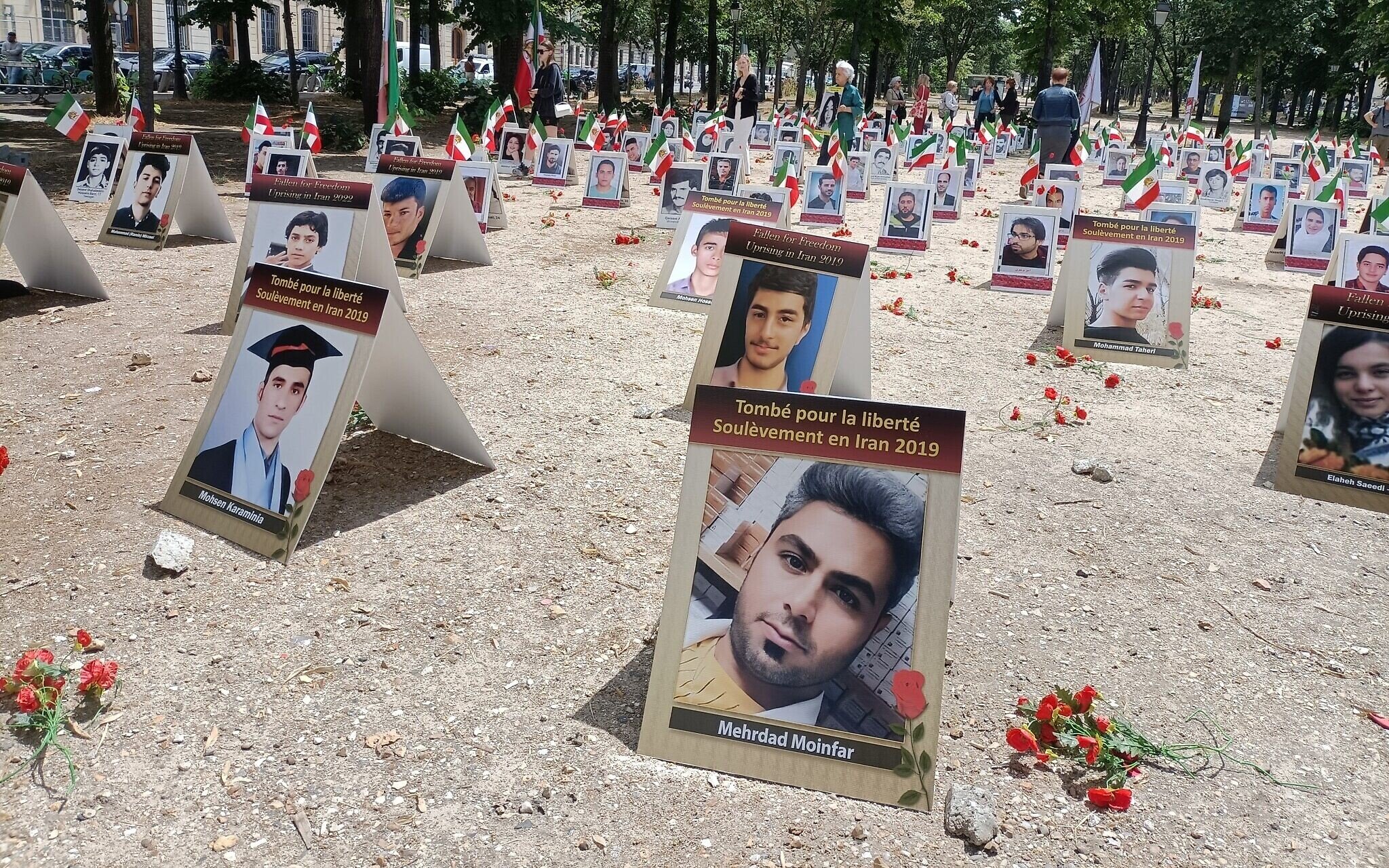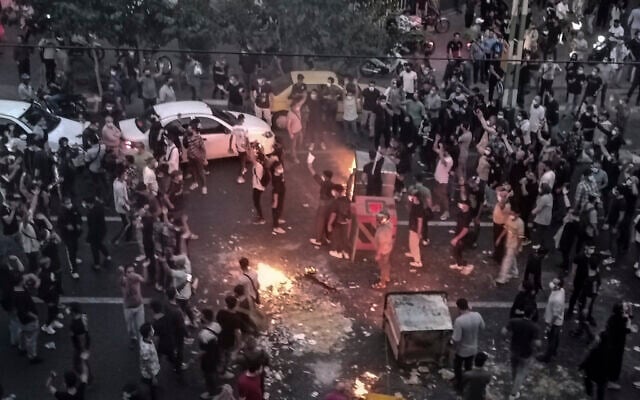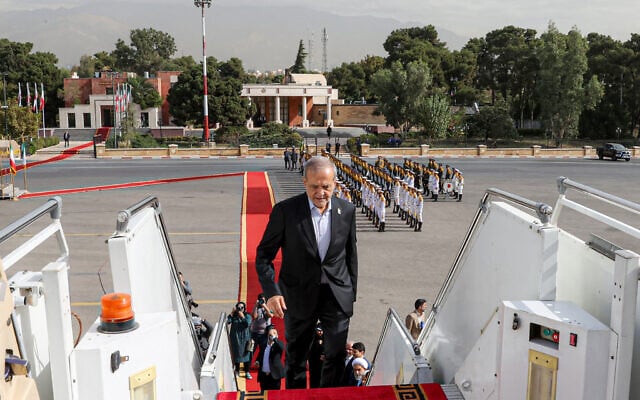


Iran has executed at least 1,000 people so far in 2025, a non-governmental organization said Tuesday, denouncing a “mass killing campaign” in prisons in the Islamic Republic.
At least 64 executions took place in the past week alone, an average of more than nine hangings per day, said the Norway-based NGO Iran Human Rights (IHR), which counts and verifies executions in Iran on a daily basis.
With more than three months of 2025 still to go, the figure is already the highest since IHR began keeping records in 2008, topping the 975 executions recorded last year.
Iran carried out a spree of executions in the 1980s and early 1990s in the aftermath of the Islamic Revolution of 1979 and the Iran-Iraq war.
But activists say the Islamic Republic is now using capital punishment more intensely than at any time in the past three decades. The clerical leadership under Supreme Leader Ayatollah Ali Khamenei was challenged by 2022-2023 protests sparked when Mahsa Amini, a 22-year-old Iranian Kurdish woman, died in custody after morality police detained her for an alleged violation.
The Islamic Republic, which is sworn to Israel’s destruction, took another blow in its 12-day war against Israel in June, when the IDF struck top Iranian military and political targets as well as the Islamic Republic’s nuclear and missile programs.
“In recent months the Islamic Republic has begun a mass killing campaign in Iran’s prisons, the dimensions of which — in the absence of serious international reactions — are expanding every day,” IHR director Mahmood Amiry-Moghaddam said in a statement.
Iranian President Masoud Pezeshkian is set to potentially cross paths with Western leaders at the UN General Assembly in New York next week. Iran’s nuclear program is likely on the agenda after a UN Security Council vote last week paved the way for the reimposition of harsh economic sanctions against Tehran over the nuclear program.
But Amiry-Moghaddam said Iran’s executions “amount to crimes against humanity and must be placed at the top of the international community’s agenda.”
“Any dialogue between countries committed to the foundations of human rights and the Islamic Republic that does not include the execution crisis in Iran is unacceptable,” he said.
IHR emphasized that its figures for executions are “an absolute minimum,” with the real number likely higher “due to the lack of transparency and restrictions on reporting.”
Executions in Iran are currently carried out exclusively by hanging, although other methods have been used in past.
Most executions take place in prison, although there are occasional public hangings.
According to human rights groups including Amnesty International, Iran is the world’s second most prolific executioner after China, which is believed to execute thousands each year although no precise figures are available



